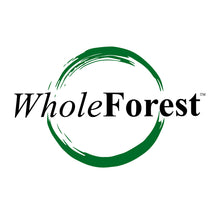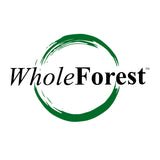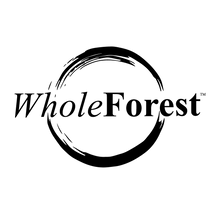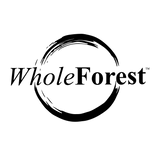Mission Breakdown
In the US and Europe there is a long history of research into sustainable management of natural forests, innovation of wood products, and markets for well-managed forests. In most tropical forest nations, including Ecuador, there has been no comparable research focusing on sustainable forestry or commercializing the majority of native tree species.
The Whole Forest story began in 2002, when Peter Pinchot, a recent graduate of the Yale School of Forestry, took a trip to visit his close friend, David Smith, who was volunteering for the Peace Corp in Cristobal Colón, Ecuador. The bus took Peter down a dusty unpaved road that wound through steep Andean farmland, through the cloud forest, eventually flattening out onto the agricultural lands of the coastal plain.
When we established the company in 2002 most families in the town of Cristóbal Colón and surrounding communities earned a small living by clear-cutting forests to create monoculture plantations. After a number of years without optimal soil conditions crops began to fail, land was converted for cattle-grazing, and people pushed to clear-cut more forest. Established as a community-owned enterprise with support from the Pinchot Institute for Conservation and the US Peace Corp., our aim was to reverse this cycle, stopping deforestation while helping families build a brighter economic future for their community.
Typically, the building market only demands a few highly valuable, "well branded" wood species. Once all of those species have been harvested from a forest, the forest no longer has any financial value to the land owners. In order to continue to make a living, the landowners must clear-cut the land to repurpose it for cattle grazing or agriculture.
All of Whole Forest's hardwood products are carbon-negative. We know you're motivated to fight climate change, but subscribing to an effective solution can be difficult. That's why we make it easy to lower your carbon footprint. The wood we harvest from the forest intrinsically represents the carbon value of the forest that's been able to remain intact. Though long-term conservation, we continue to prevent mass amounts of carbon from being emitted into the atmosphere. Each purchase allows Whole Forest to expand its area of conservation. Based on the financial return to the forest, we can quantify the tons of carbon a purchase has helped us preserve in the forest. By transferring these carbon benefits to you, our products can largely reduce your carbon footprint and can lower the embodied energy of your project.



